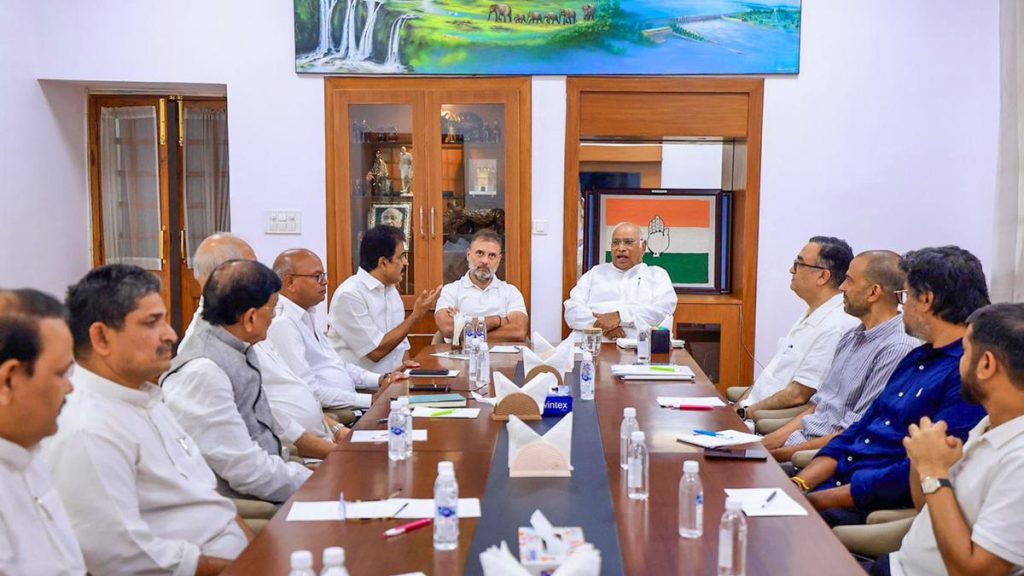Now Reading: Expert Panel to Chart Path Forward for Visually Impaired
-
01
Expert Panel to Chart Path Forward for Visually Impaired
Expert Panel to Chart Path Forward for Visually Impaired
Fast Summary
- Forest authorities in Kerala are awaiting an expert team’s report to decide on the treatment and future of a visually impaired vagrant tusker, codenamed PT-5.
- PT-5 has lived near Palakkad forest fringes as 2013 and has repeatedly raided crops, leading to calls for its relocation.
- On August 8, forest veterinarians tranquilized the tusker, confirming blindness in one eye and partial blindness in the other. One-time treatment showed improvement but further intensive care is not advised.
- The tusker,aged 30-35 years,also exhibits injuries from elephant encounters that officials consider natural and unavoidable. No major health concerns exist currently.
- Fitted with a radio collar, PT-5 was recently spotted moving between Tamil Nadu and Kerala borders.
- Residents expressed concerns over injuries attributed to possible human pellet attacks; forest officials refuted claims as herd-related wounds caused by other elephants.
- A final decision on intervention will be made after reviewing findings from wildlife veterinarian Dr. David Abraham’s expert team.
Photo Credit: K.K Mustafah
Indian Opinion Analysis
The case of PT-5 underscores the ongoing challenge of managing human-wildlife conflict within India’s shrinking forest corridors where animals often stray into inhabited areas due to habitat pressures. While crop-raiding activities have sparked frustration among local residents near Palakkad’s Walayar range since 2013, authorities appear cautious about relocating or intensively treating the elephant due to ecological risks and ethical considerations tied to its mobility.
The introduction of a radio collar exemplifies proactive tracking efforts aimed at mitigating damage while safeguarding animal welfare during monitoring operations across state boundaries like Tamil Nadu-Kerala borders-regions crucial for migratory elephant populations. Allegations regarding pellet wounds raise concerns over public frustration perhaps escalating into harmful retaliatory actions against wildlife; this highlights an urgent need for awareness campaigns addressing coexistence strategies.
Ultimately, decisions informed by scientific findings like those anticipated from Dr.Abraham’s report could strike a balance between conservation priorities and community safety without endangering native species accustomed to complex territorial dynamics.
Read More: Source

























